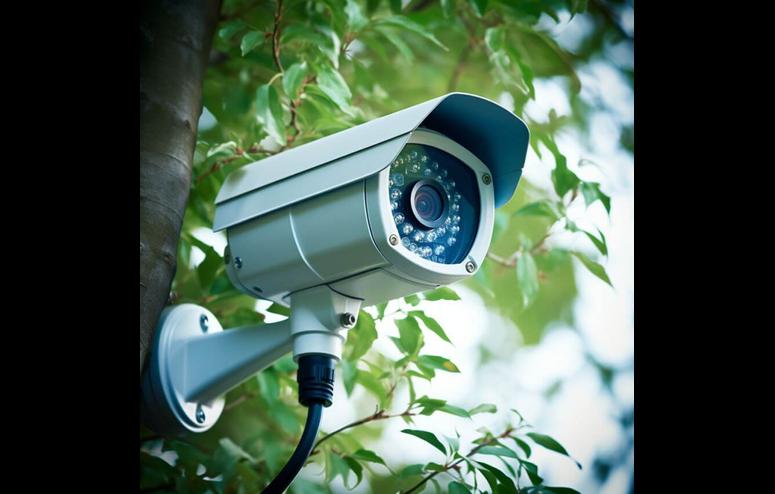AI Risks Amplify as UK Abolishes Surveillance Camera Watchdog | Cryptopolitan

TLDR The outgoing Biometrics and Surveillance Camera Commissioner issues a stark warning about an alarming void in oversight.
The newly enacted data protection bill takes a decisive step in abolishing the BSCC, rendering the UK devoid of essential surveillance camera safeguards.
A report brings attention to the increasing indistinct boundary between private and public surveillance, particularly underscored by the ascendance of AI-driven biometric technology.
In a startling revelation, the outgoing Biometrics and Surveillance Camera Commissioner (BSCC), Professor Fraser Sampson, has sounded an alarm regarding the potential creation of a “worrying vacuum” in the oversight of surveillance cameras and biometric technology by the UK government.
In the course of executing the elimination of the BSCC pursuant to the newly proposed data protection and digital information bill, apprehensions surface regarding the absence of an all-encompassing strategy to supplant its pivotal functions. Professor Sampson, in characterizing this maneuver as tantamount to “vandalism,” expresses profound consternation over the peril it poses to the public in the face of the burgeoning terrain of AI-driven surveillance.
Abolition of BSCC and oversight concerns
In a report commissioned by the BSCC’s office, authored by CRISP’s Professor Pete Fussey and Professor William Webster, concerns are raised regarding the inadequacy of the government’s provisions to replace the BSCC’s role. This week’s impending report meticulously elucidates numerous instances where governmental attention has failed to adequately address the imperative requirement for oversight.
Among the neglected facets are pivotal obligations assigned to the BSCC, encompassing the examination of law enforcement’s management of DNA samples and the provision of counsel on intricate technical and procurement aspects related to surveillance systems. This encompasses cutting-edge AI-driven products, such as facial recognition technology, which remain conspicuously unattended.
Professor Sampson, a prominent voice in this discourse, articulates profound disquietude regarding the potential void in supervising critical domains of public life, underscoring the imperative for prompt government intervention.
He disparages the lackadaisical approach toward these issues, deeming the obliteration of the surveillance camera code as a substantial setback. As the epoch of AI-driven biometric surveillance dawns, the report accentuates the escalating fusion between private and public surveillance realms, accentuating the exigency for judicious regulation and oversight.
Government’s advocacy for increased surveillance
Simultaneously, the governmental endeavor to enhance surveillance has sparked heightened apprehensions. Notably, key figures within the administration, including the policing minister Chris Philp, ardently champion the integration of facial recognition technology within law enforcement practices. Philp, in an extension of this proposition, advocates for the utilization of images sourced from the passport database to fortify endeavors against criminal activities. The interim report released in May distinctly underscored Philp’s fervent inclination towards the expansive deployment of such cutting-edge technology.
The amplification of surveillance, as endorsed by the government, gives rise to significant security qualms. A comprehensive survey lays bare a pronounced reliance on technological solutions emanating from the Chinese manufacturer Hikvision within various police forces. But, a contrasting narrative unfolds within the corridors of the Cabinet Office, where the minister has preemptively sounded the alarm on security. This is manifested in the prohibition of devices originating from Chinese-owned entities within government edifices, a precautionary measure undertaken in light of perceived potential risks.
Addressing surging AI risks in surveillance demands urgent action
As the government forges ahead with increased surveillance and biometric technology, the abolition of the BSCC intensifies the threat of AI-driven surveillance. The concerns raised in the report, coupled with the government’s endorsement of heightened surveillance, prompt a critical question: Are we sacrificing privacy and oversight in the face of advancing AI, and at what cost to the fundamental rights of citizens? The impending void in surveillance camera safeguards demands immediate attention and decisive action to mitigate the growing risks associated with AI.
